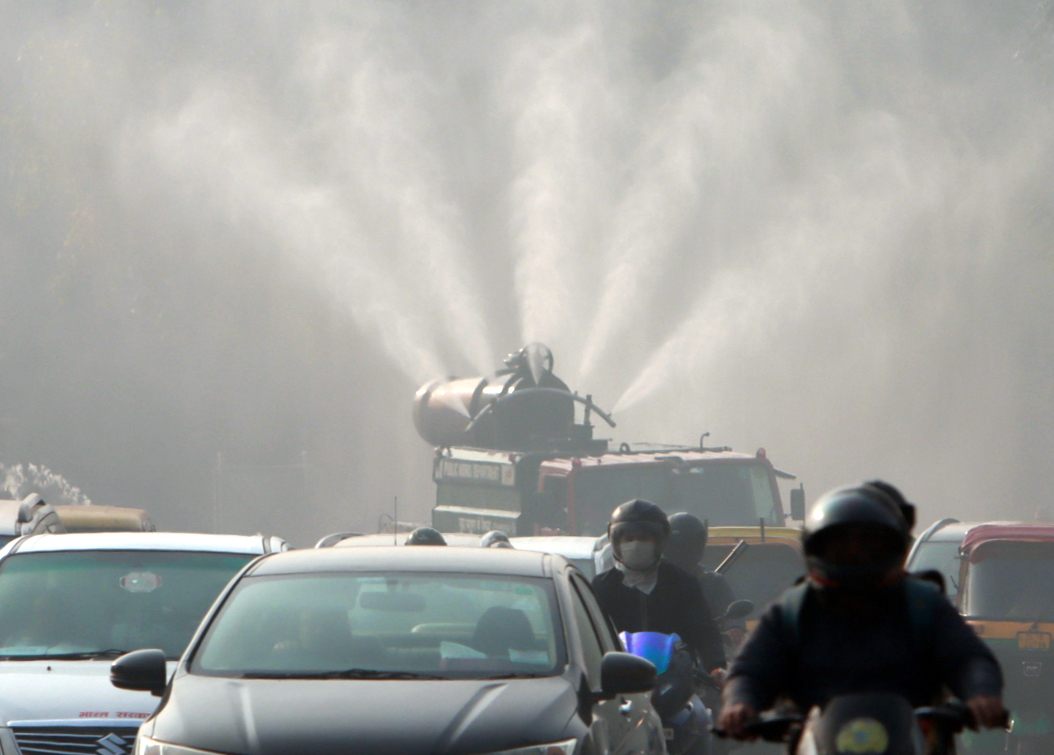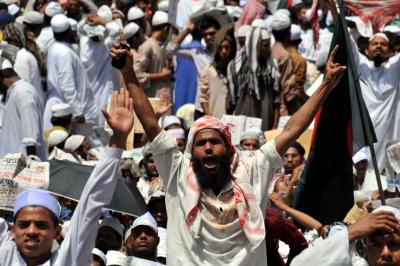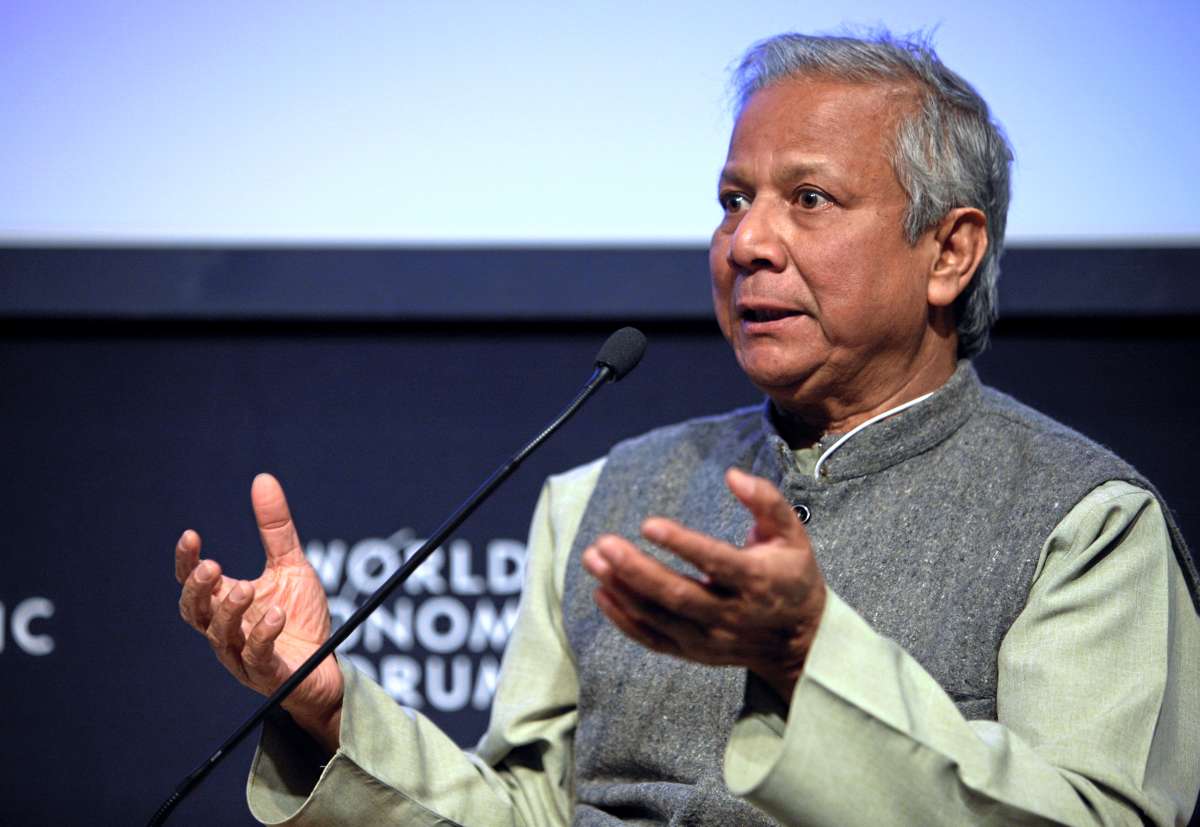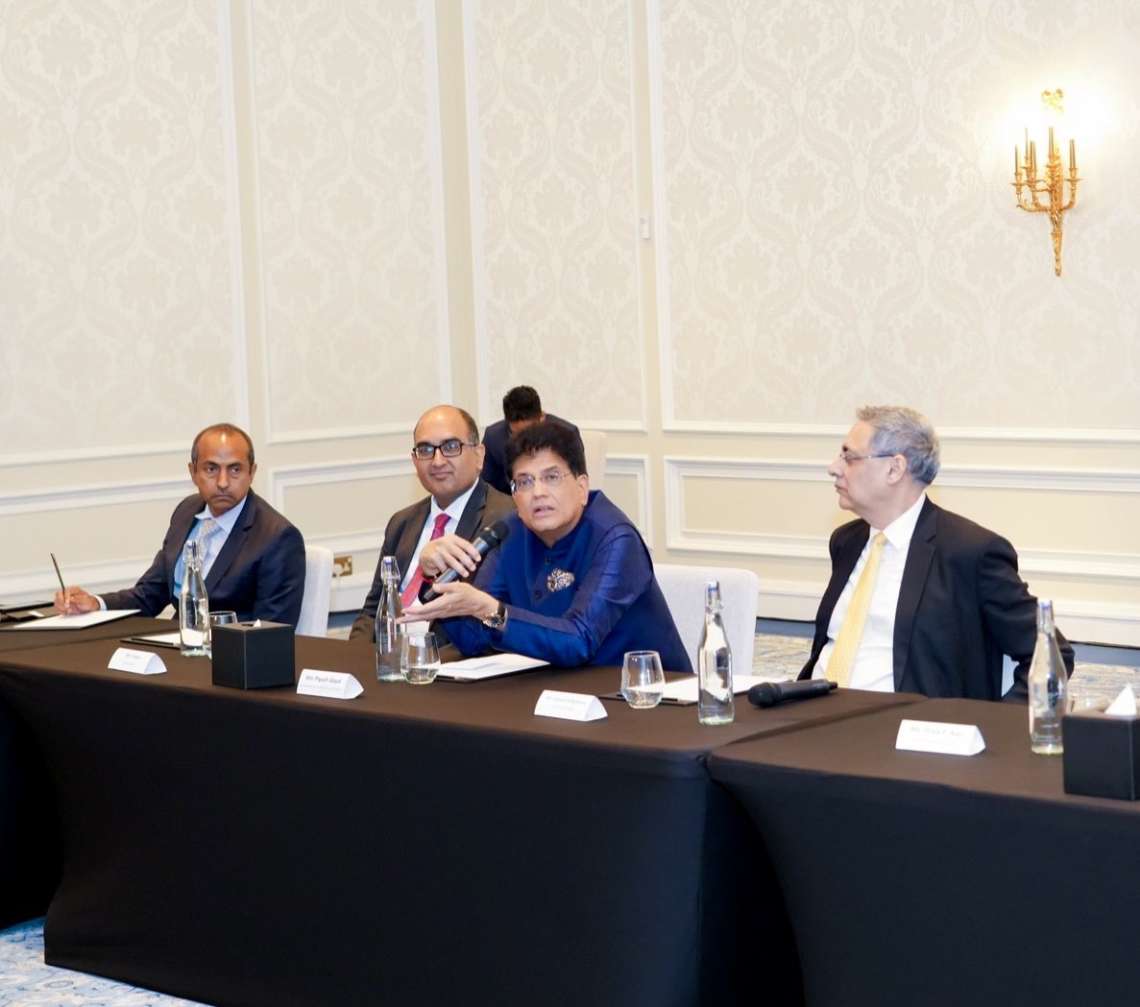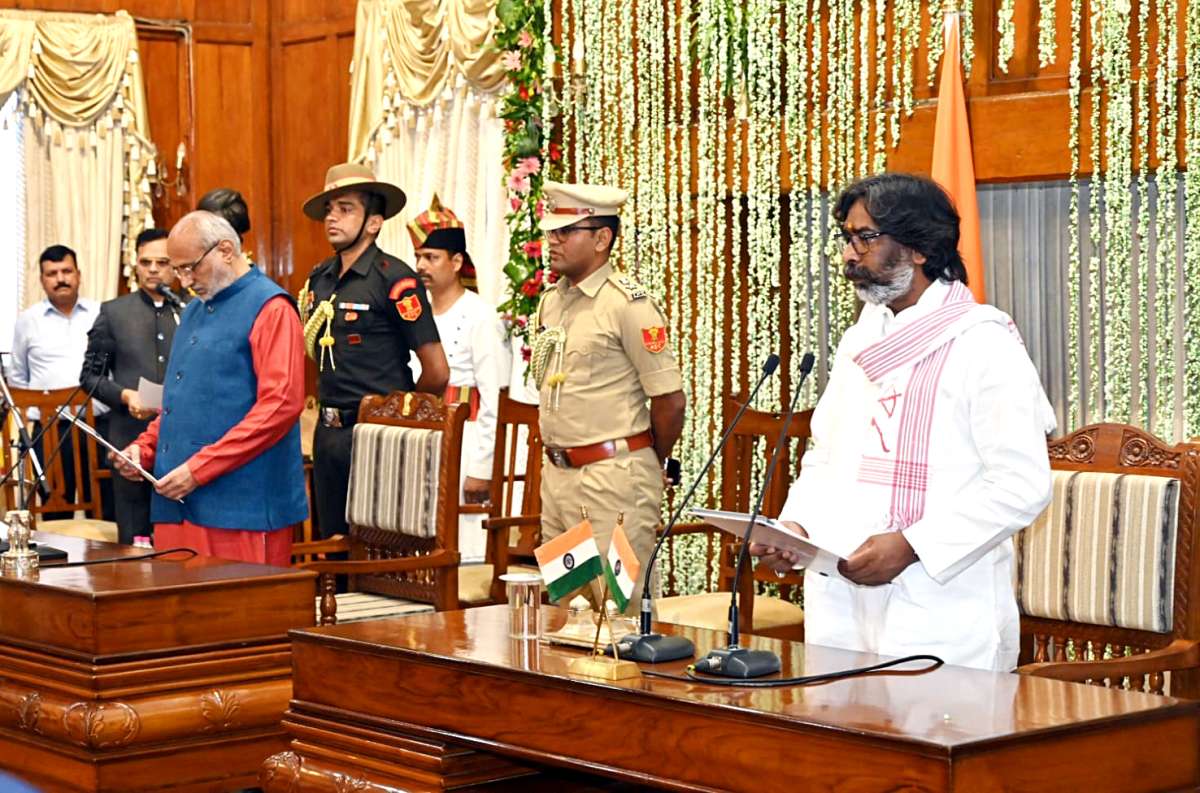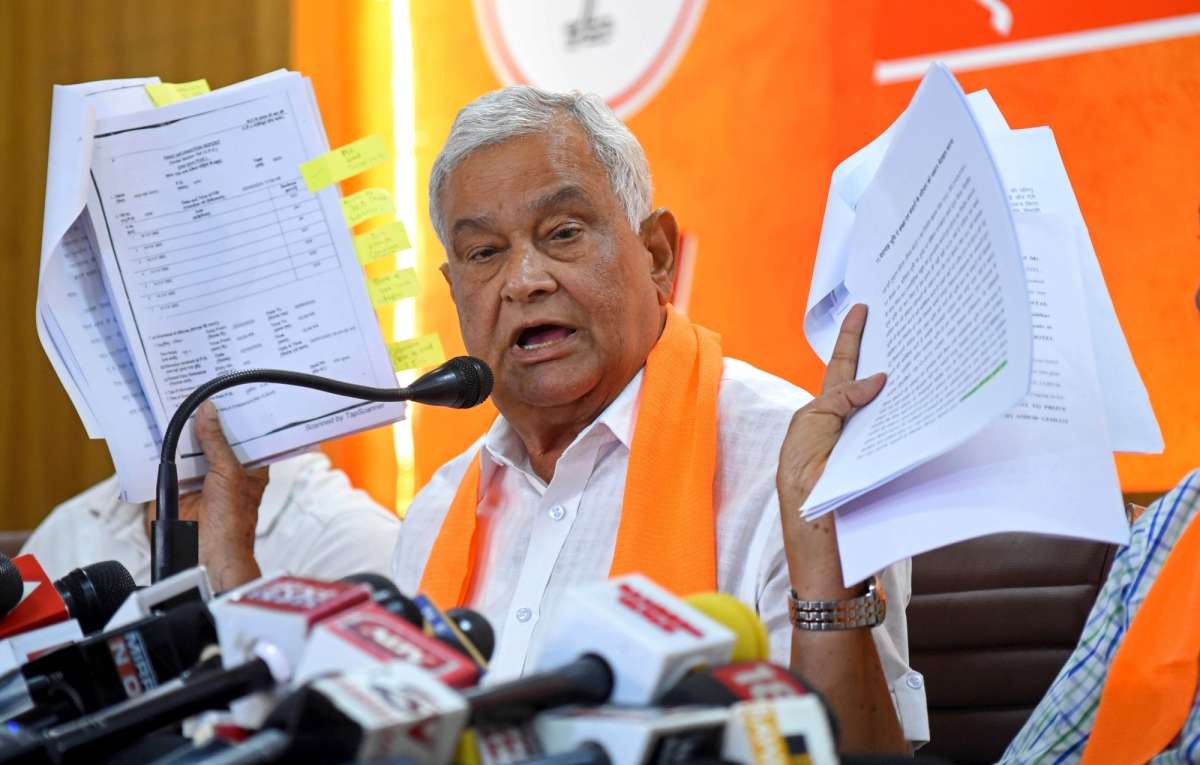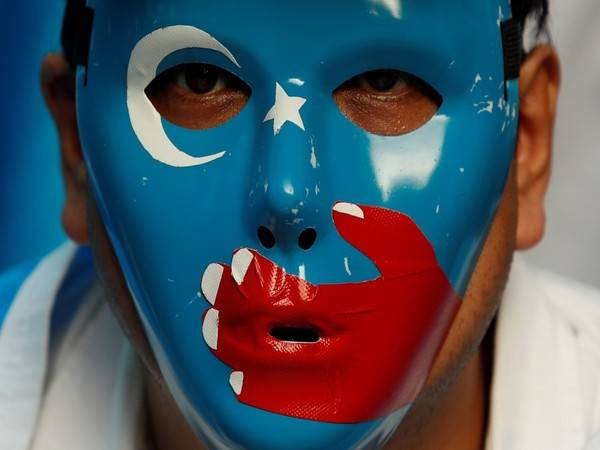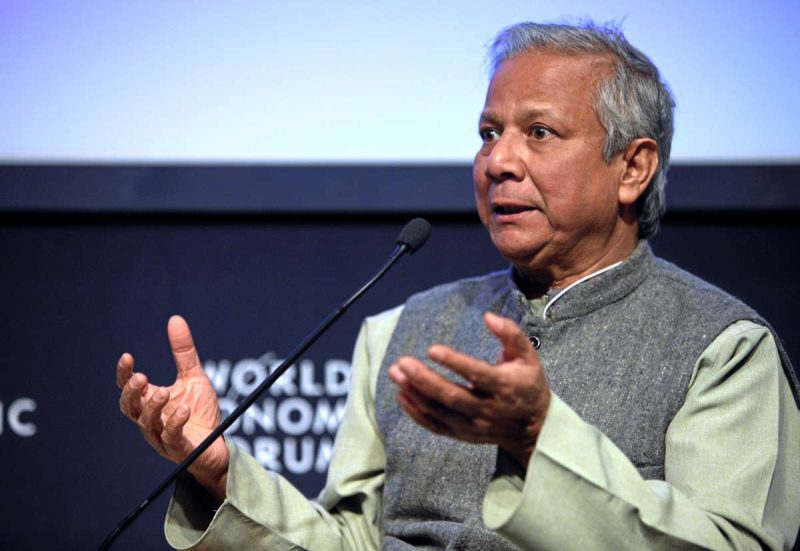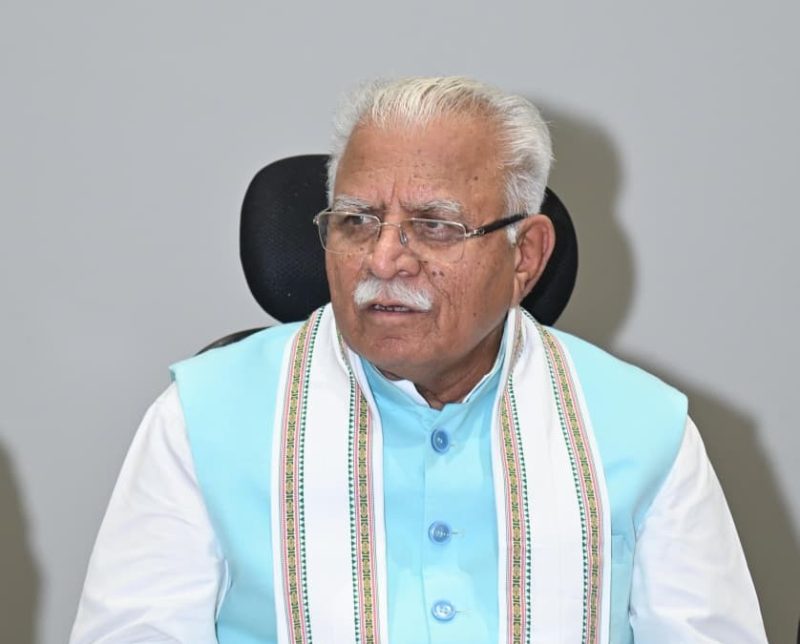Delhi had the highest across all cities studied, followed by Mumbai (about 5,100 each year), while Shimla had the lowest air pollution levels yet it claimed 59 lives per year….reports Asian Lite News
Short-term air pollution exposure claimed 33,000 lives annually in 10 cities in India and Delhi tops the list with 12,000 deaths every year, according to a study published on Thursday in The Lancet Planetary Health.
The study showed increases in the risk of death were steep at lower concentrations of PM2.5 and tapered off at higher concentrations. Even levels of air pollution below the current National Ambient Air Quality Standard of 60 micrograms per cubic meter lead to increased daily mortality rates in India, showed the findings led by an international team of researchers from Ashoka University, Sustainable Futures Collaborative (SFC) — an independent Delhi-based research organisation — and Boston University (US).
Delhi had the highest across all cities studied, followed by Mumbai (about 5,100 each year), while Shimla had the lowest air pollution levels yet it claimed 59 lives per year.
The other cities include Kolkata (4,700 each year), Chennai (2,900 each year), Ahmedabad (2,500 each year), Bengaluru (2,100 each year), Hyderabad (1,600 each year), Pune (1,400 each year), Varanasi (830 each year).
“We found that about 33,000 deaths per year across these cities are attributable to air quality levels that exceed the WHO 24-hr exposure guideline (15 micrograms per cubic meter of air), with Delhi topping, followed by Mumbai,” said Bhargav Krishna, Environmental health and policy researcher at SFC, in a post on X.com.
The team based the study on short-term exposure to PM 2.5 (particulate matter 2.5 microns in size) and daily mortality in 10 cities between 2008 and 2019.
For the study, they used novel causal modelling techniques that isolate the heightened impact of local sources of air pollution such as waste burning and vehicular emissions among others, and generated estimates of mortality attributable to air pollution for cities (such as Mumbai, Bengaluru, and Kolkata) and at lower concentrations previously unstudied in India
The results showed that between 2008-19, 7.2 per cent of deaths were due to high short-term air pollution in these cities.
Further, using a hybrid machine learning-based exposure model the team observed a significant number of deaths even in cities like Chennai,
Bengaluru, Hyderabad, and Pune — generally considered to have good to moderate air quality under our current air quality standards.
“Every 10 micrograms per cubic meter of air increment in PM2.5 was associated with a 1.42 per cent increase in daily deaths. This number almost doubled to 3.57 per cent when we used a causal instrumental variable model that isolates the effect of local air pollution,” Bhargav said.
The study stressed the need to make the national air quality standards more stringent and to redouble efforts to control air pollution.
“Our current definition of what is good air quality needs to change to better reflect the science. Remedial action on air quality needs to expand far beyond a black and white classification of clean and ‘non-attainment’ cities,” Bhargav said.
He further noted that the current policy instruments such as Graded Response Action Plans (GRAP) focus largely on seasonal extremes. Instead, there is a need to drive year-round action as a large proportion of risk is concentrated in low to moderate air pollution levels, where GRAP is essentially ineffective.
ALSO READ: Soren back as Jharkhand CM


